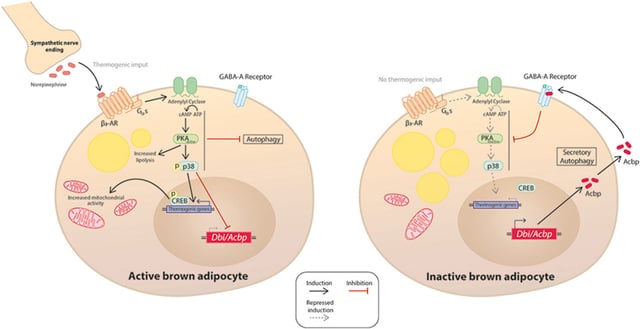Overview
- Researchers from the University of Barcelona found that ACBP protein suppresses calorie-burning activity in brown adipose tissue in animal models.
- The study led by Professor Francesc Villarroya with first author Albert Blasco Roset was published June 16 in Molecular Metabolism.
- Elevated ACBP levels may drive the age- and obesity-related decline in brown fat activity that contributes to diabetes and cardiovascular risk.
- Scientists are exploring whether inhibiting ACBP can reactivate brown fat and form the basis of treatments for obesity and other cardiometabolic diseases.
- Excess ACBP action could also explain cancer-related cachexia and link climate change–driven warming to rising obesity by inactivating brown fat.

